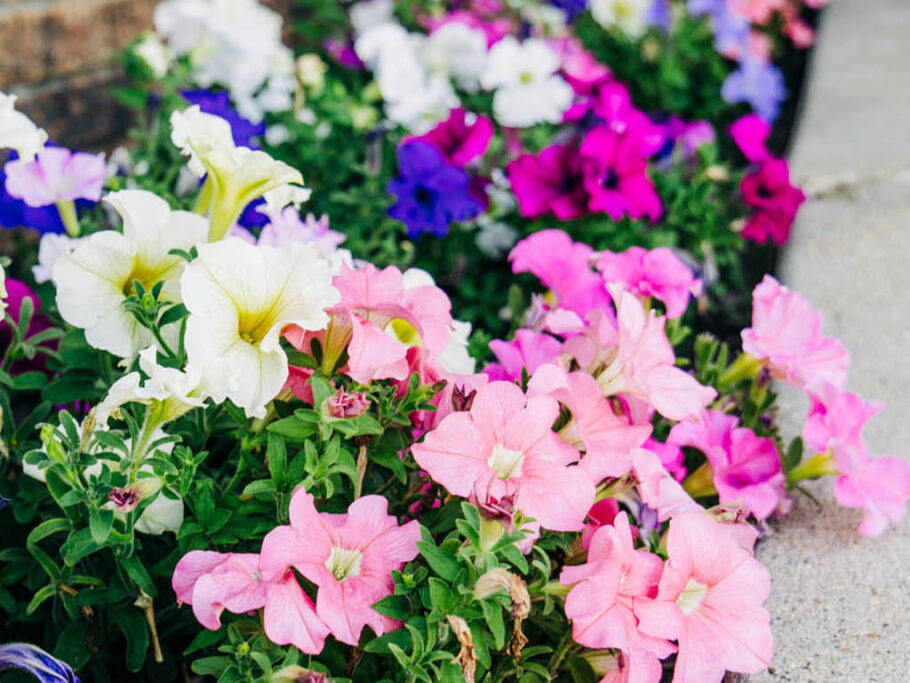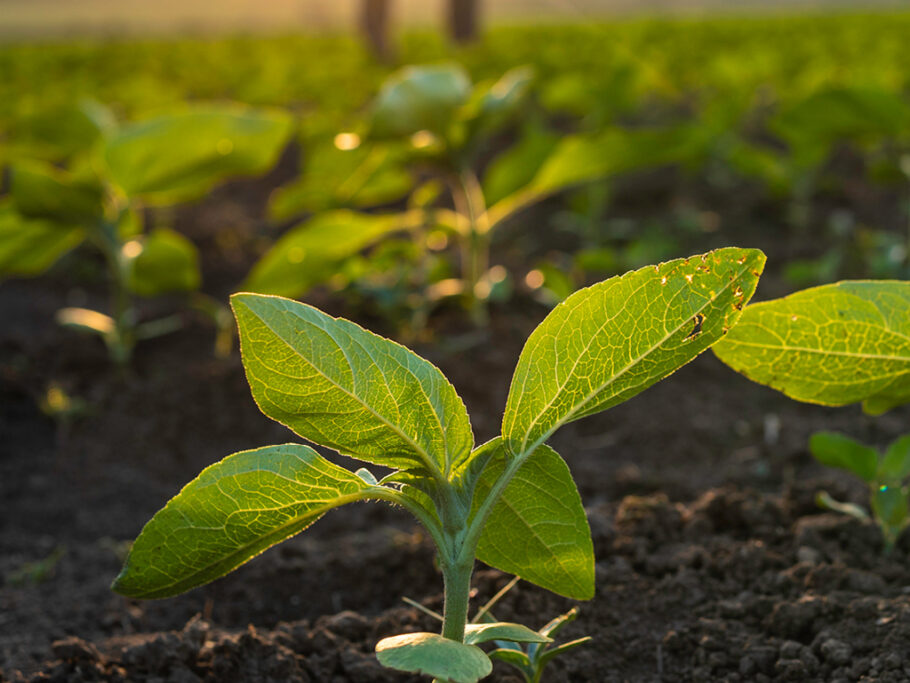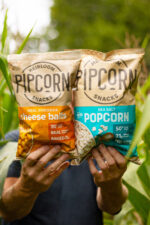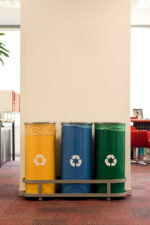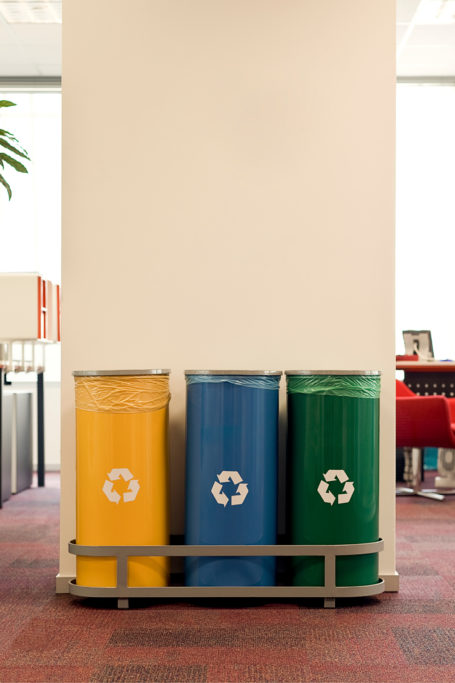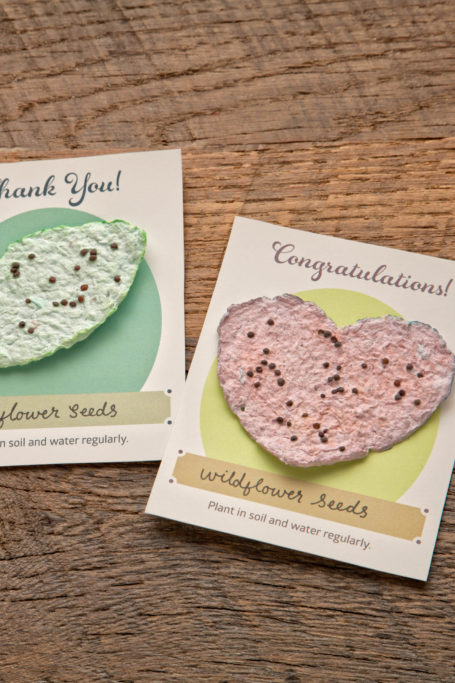A Mission to Reduce Food Waste
Interview with Jan rem and Jordan Grieg
Photos courtesy of Ambrosia Produce Bad
Jan Rem, founder of Ambrosia Produce Bag, and her son Jordan Grieg, CEO of the company, discuss how their eco-friendly products both improve the shelf life of foods and support the environment.
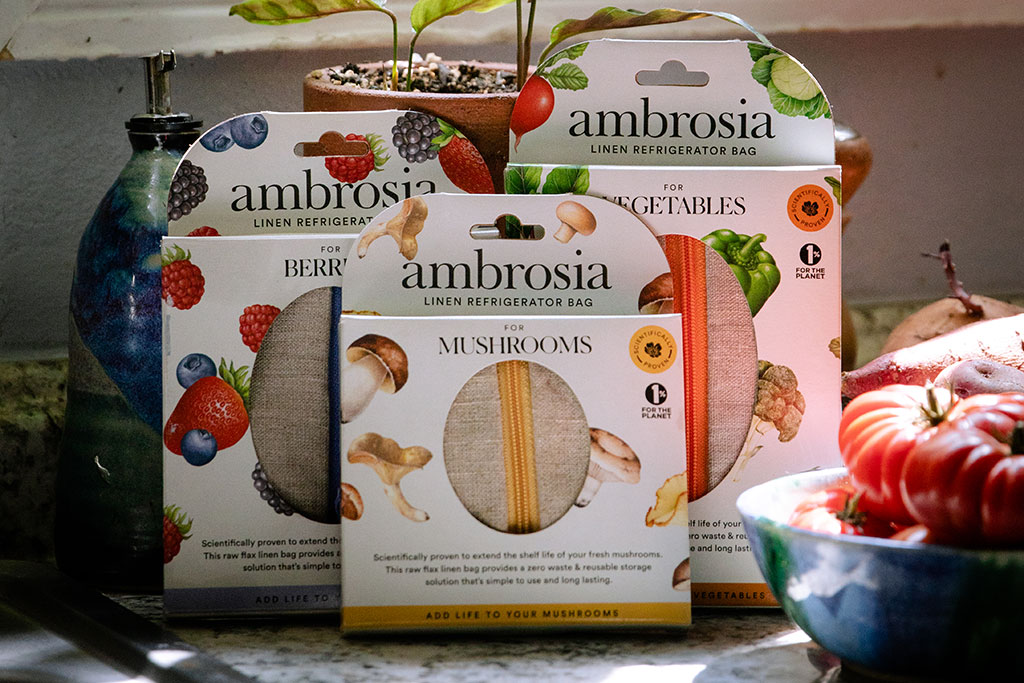
What was the inspiration behind Ambrosia Produce Bag?
Jan: Ambrosia resulted from an accumulation of experiences over time. It undoubtedly began in my childhood; I was raised with a strict rule not to waste food, and it was normal to see damp linen tea towels wrapped around vegetables in my grandmother’s refrigerator. Then there were my days of dumpster diving in the 1970s, during the dawn of the sell-by date product stamping. Seeing perfectly good food thrown away was jaw-dropping.
Fast forward to 2015. These experiences, along with witnessing tons of food waste in the restaurant industry, being a single mom raising two children on a budget, having a love of gardening, and experiencing the beginning of the eco-friendly movement, led me to found Ambrosia and share my zippered linen produce storage bags with the world.
My dream was huge, yet my intention was simple: to help people save more than just their precious produce. Ambrosia’s mission is to inspire and empower others to live healthy, sustainable lives and become good stewards of the planet, starting with the food they grow and buy to nourish themselves and their families.
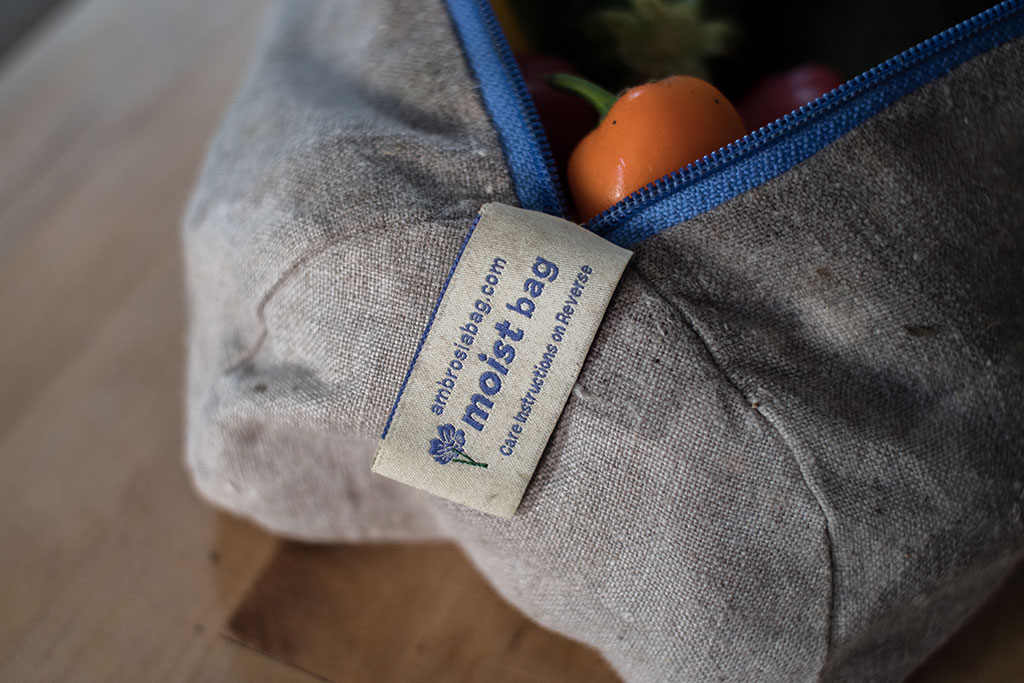
You make your bags out of European linen. What makes this the perfect material for storing produce?
Jordan: Linen is technically a vegetable fiber that’s known for its years-long sustainability as well as its exceptional strength and durability, ensuring that our bags can withstand the weight of various fruits and vegetables without tearing or stretching.
More importantly, linen has natural moisture-wicking properties, allowing the bags to either absorb or give back moisture to help maintain freshness, and it has high breathability that promotes airflow, which is beneficial for preserving the quality of the stored produce. The material also possesses naturally occurring mold-resistant properties, making it a hygienic choice for storing produce. And it’s virtually lint-free, reducing the risk of fibers contaminating the contents of the bags.
What’s the most effective way to use your produce bags?
Jan: It’s quite simple: just rinse your veggies and load them in the bag while still wet. I like to combine produce together because the bags can hold so much. I start with hard vegetables first, such as celery, carrots, and beets, add a head of romaine, and place the more delicate veggies in last, nearest the zipper. Then I hand-sprinkle water directly onto the bag—a moist bag is the key to freshness.
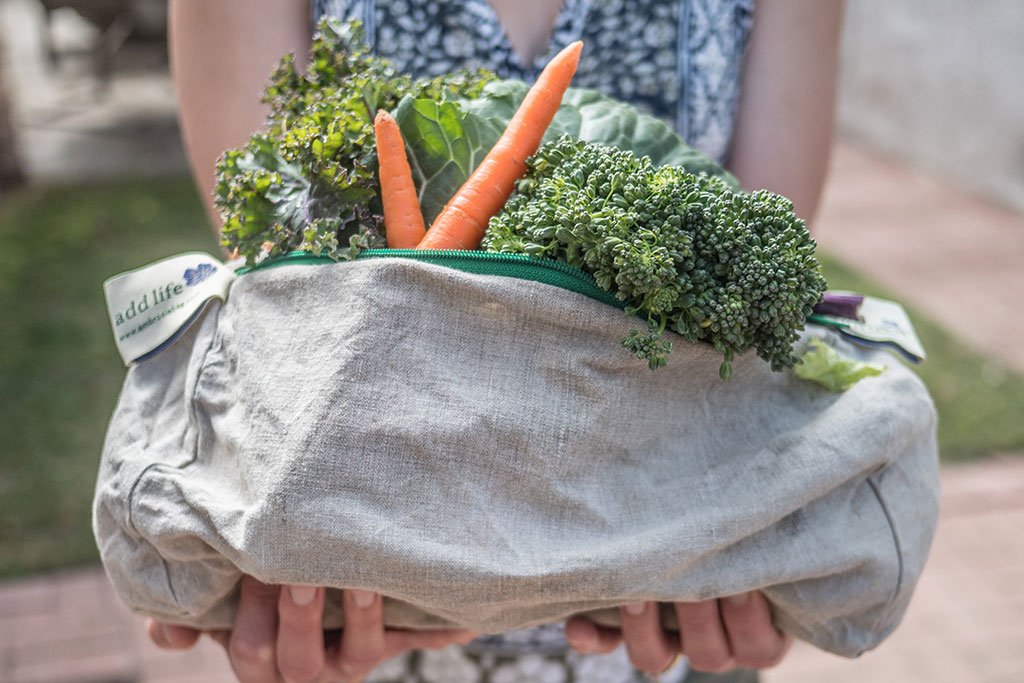
Jordan only recently joined the company in 2021. Jan, how has this collaboration impacted Ambrosia’s growth and mission?
Jan: Jordan revitalized Ambrosia! By leveraging digital marketing and expanding our reach, he has helped transform the company from a grassroots business into an emerging national brand. And for me personally, Jordan’s presence has fortified my dedication. Working alongside him, it has become evident that we share a common passion for gardening and mindfulness for sustainability, which has driven us to go even further with Ambrosia’s positive environmental impact.
Speaking of, you have partnerships with several companies to help support the environment. Would you tell us more about them?
Jordan: In late 2022, we partnered with Ecodrive, a sustainability-solution company, to not only minimize kitchen waste but also increase the number of oxygen-producing trees on our planet. In line with this mission, we established an initiative where a tree is planted for every order received and verified review made; to date, we have planted over 1,461 trees in Kenya. We’ve also removed 218 pounds of plastic and trash through sponsored cleanup efforts. Our partnership with Ecodrive exemplifies our commitment to environmental sustainability and making a difference for both local communities and the planet as a whole.
In addition, we’re proud to be involved with the efforts of 1% for the Planet, a platform that empowers organizations to donate effectively, and Food Forward and Food Rescue, two incredible nonprofits that redirect excess fresh produce to recipients who truly need it. We’re invigorated by these partnerships and the collective positive impact that’s being made.
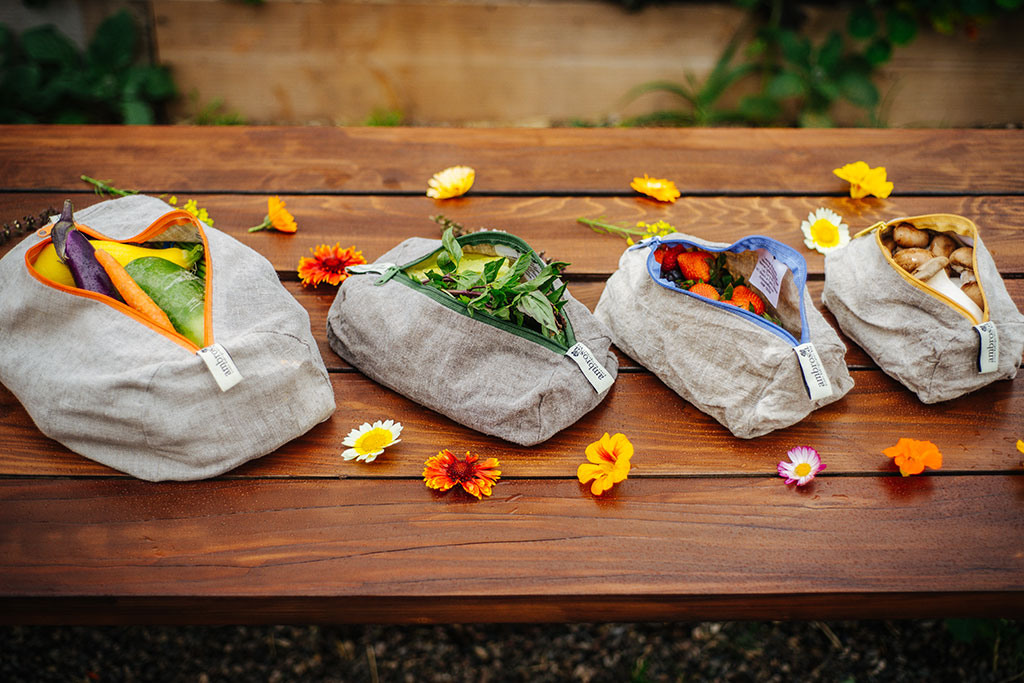
Ambrosia also celebrates family. How do you integrate this value into your company culture?
Jan: The best families lead with compassion and flexibility, supporting one another with devotion and loyalty. At Ambrosia, we take the same approach. Our leadership is empathetic yet willing to have tough conversations and make decisions with the company’s overall well-being in mind. This compassionate and dedicated leadership style is the backbone of our family-centric culture. We are one big work family with a common goal, united in our shared values and genuine care for one another’s quality of life.
What advice would you give to people who are interested in adopting a more sustainable food lifestyle?
Jordan: Small changes can lead to significant results. By implementing best practices for reducing food waste, such as being intentional with meal planning, composting, using reusable containers, and opting for local and organic foods, you can limit your environmental impact. It is never too late to adjust your habits at home to minimize your carbon footprint. As these practices become routine, their positive effects can be amplified by sharing tips and tricks for a greener kitchen lifestyle with friends and family and on social media.
For more info, visit ambrosiaproducebag.com







